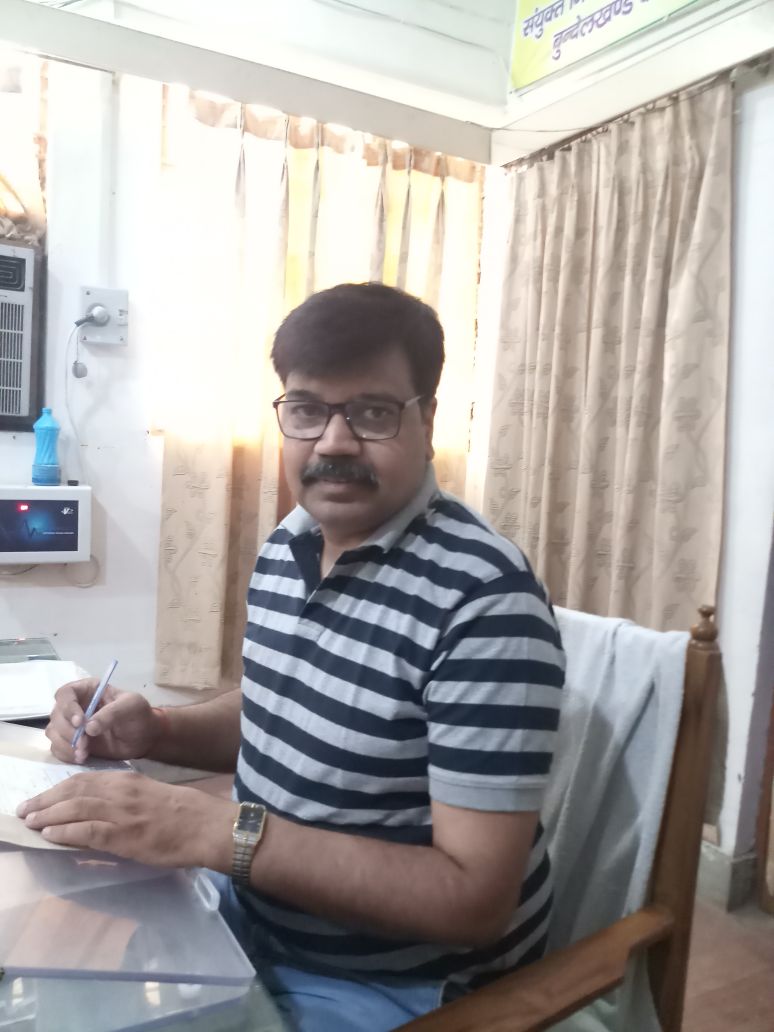about us
Govt. Polytechnic-Fatehpur
Govt. Polytechnic Fatehpur was established by Govt. of Uttar Pradesh in 1984 with two courses Diploma in Civil Engg., & Electronics Engg.(Micro). After that another branch Mechanical Engg.(Production), has been started in the year 1994. It is builtup in an area of 18.5 Acres. This institution is one of the oldest Polytechnic Institutes in U.P. At present 03 Diploma Engg. courses of 03 years duration are running with intake of 75 students (15 seats are reserved for Economicaly Weaker Section) in each course.The institution has a strong academic heritage having an envious track record of plum placement with major companies in India. It has a green lush campus.A dynamic, industrious and prudent principal, along with highly efficient and effective team of faculty members, leads the college. It is indeed a pleasure to admit that we have progressed rapidly to achieve the goal of imparting quality education to the students.
